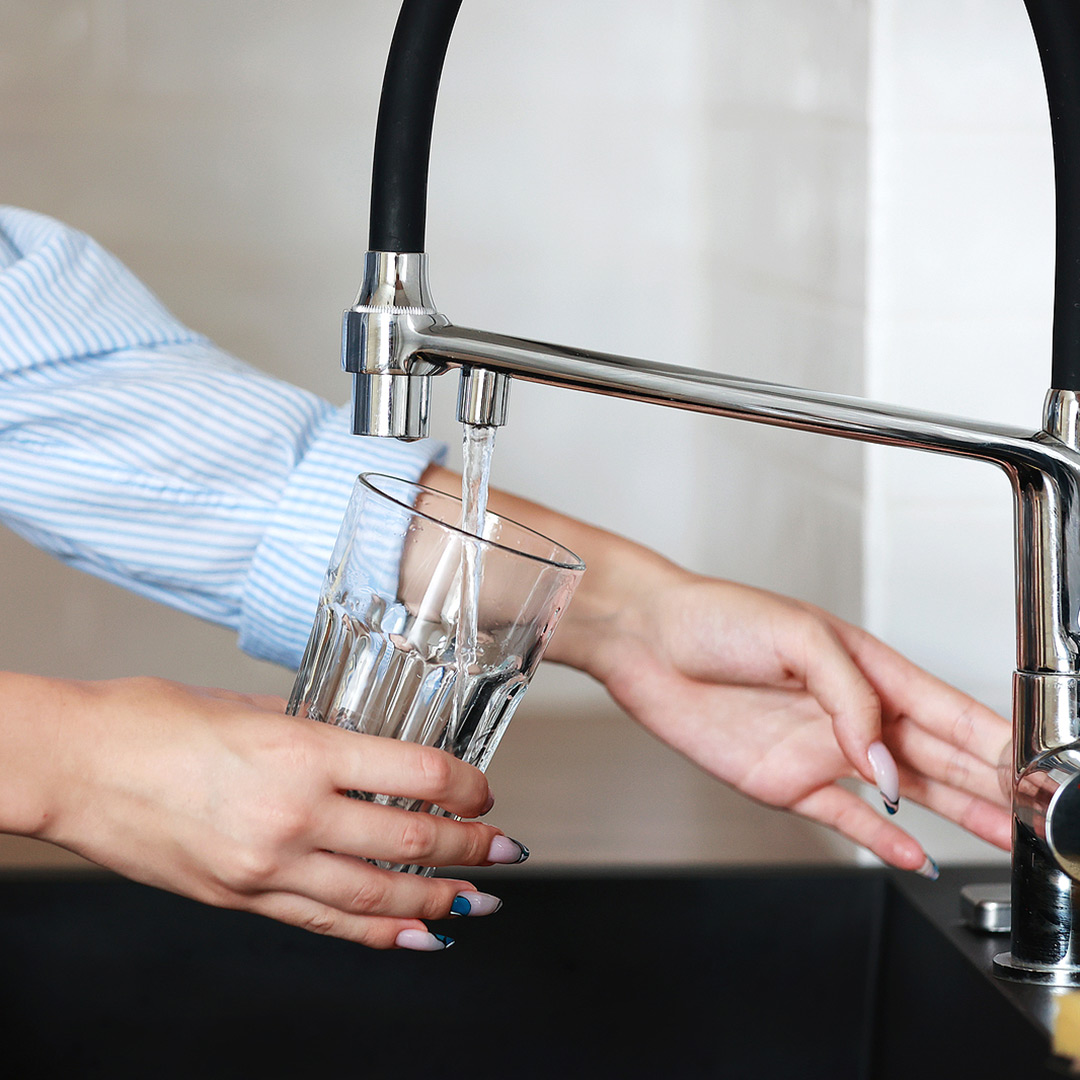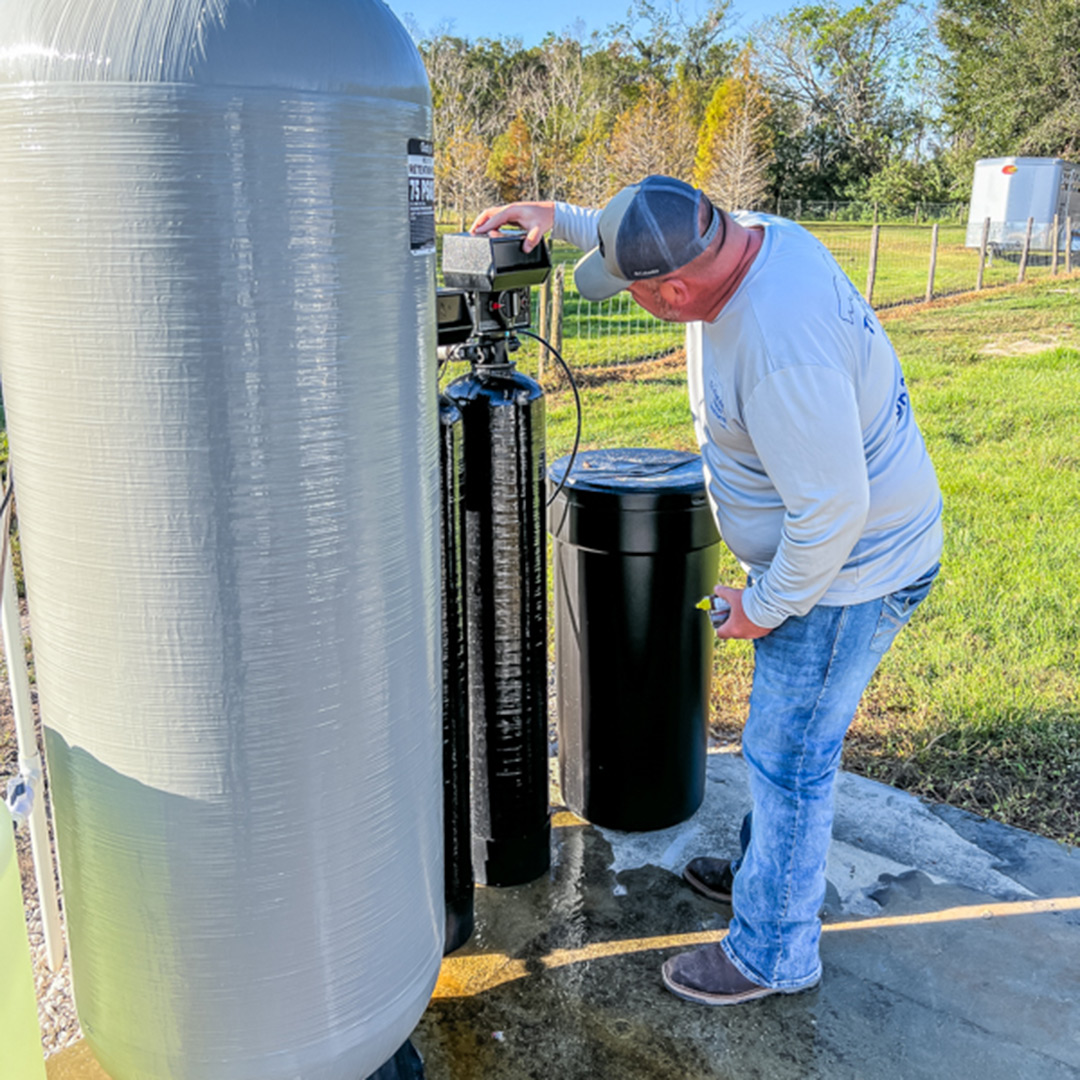Tap Water vs. Purified Water: Is There Really a Difference?
The water we drink is critical in many ways, not the least of which is that it keeps us alive. It’s no wonder, then, that there’s so much talk about the different kinds of water we use to hydrate our bodies.
Tri-Florida Water Treatment of Auburndale, FL, would like to clear up any confusion that might exist about the differences between the two main types of water people consume: tap water and purified water.

Tap water
Unless you have a well system, the water that comes out of your tap originates at a municipal or other local water supply. Municipal water providers must follow some fairly stringent regulations to ensure that the water they sell is safe for humans and animals to drink.
But “safe” is the operative word. Yes, if their water plants and processes run correctly and are properly maintained, the total dissolved solids allowable in a city water source “have been shown” to not be harmful.
What are these dissolved solids? They can include anything from heavy metals and algae to parasites and chemicals. When you drink from a municipal supply, you must trust that the supplier has reduced contaminants to an “acceptable” level. And in most cases, they have.
Purified water
When you drink purified water, you don’t worry about what your local water provider does because you take matters into your own hands.
Purified water, typically produced by a water treatment system in your home, contains far fewer contaminants than municipal water. For a homeowner, water purification isn’t highly expensive, but for a city or county water supplier, taking these extra purification steps would be cost-prohibitive. Which is why they don’t do it.
Most water purification systems clean contaminants from water through a process called “reverse osmosis,” which uses a specialized membrane to remove impurities from incoming water from a local supply. What kind of impurities?
- Arsenic
- Lead
- Nitrates
- Chlorine
- Pesticides
- Pharmaceuticals
- Fluoride
- Petroleum compounds
Yes, these and many other impurities are regularly found in standard tap water and are deemed acceptable, provided they remain below certain levels.
 The definition of “purified water”
The definition of “purified water”
According to the United States Pharmacopeia, water can be considered “purified” when it contains 10 parts per million or less of dissolved solids. Few municipal water sources could ever reach that level. But top-quality water filtration and water purification systems go beyond that level, often testing out at an amazing one part per million.
Should you worry?
If you’re drinking tap water, this information shouldn’t worry you to the point of panic. You might, however, look into a water purification system for your home that will guarantee you’re getting water that’s of the highest quality and purity. It’s costs a little more on the front end, but it’s worth every penny.
As more and more homeowners demand healthier and better-tasting water to fuel their lives, many turn to a convenient in-home water purifier rather than running out to the store and lugging back store-bought purified water.
Call your Florida water experts
When it’s time to take charge of your water, Tri-Florida Water Treatment is standing by to help. We install top-line water purification systems that will result in the best-tasting, healthiest water you’ve ever enjoyed.
Reach a water expert today at (863) 965-1439 or get in touch with our contact form.
